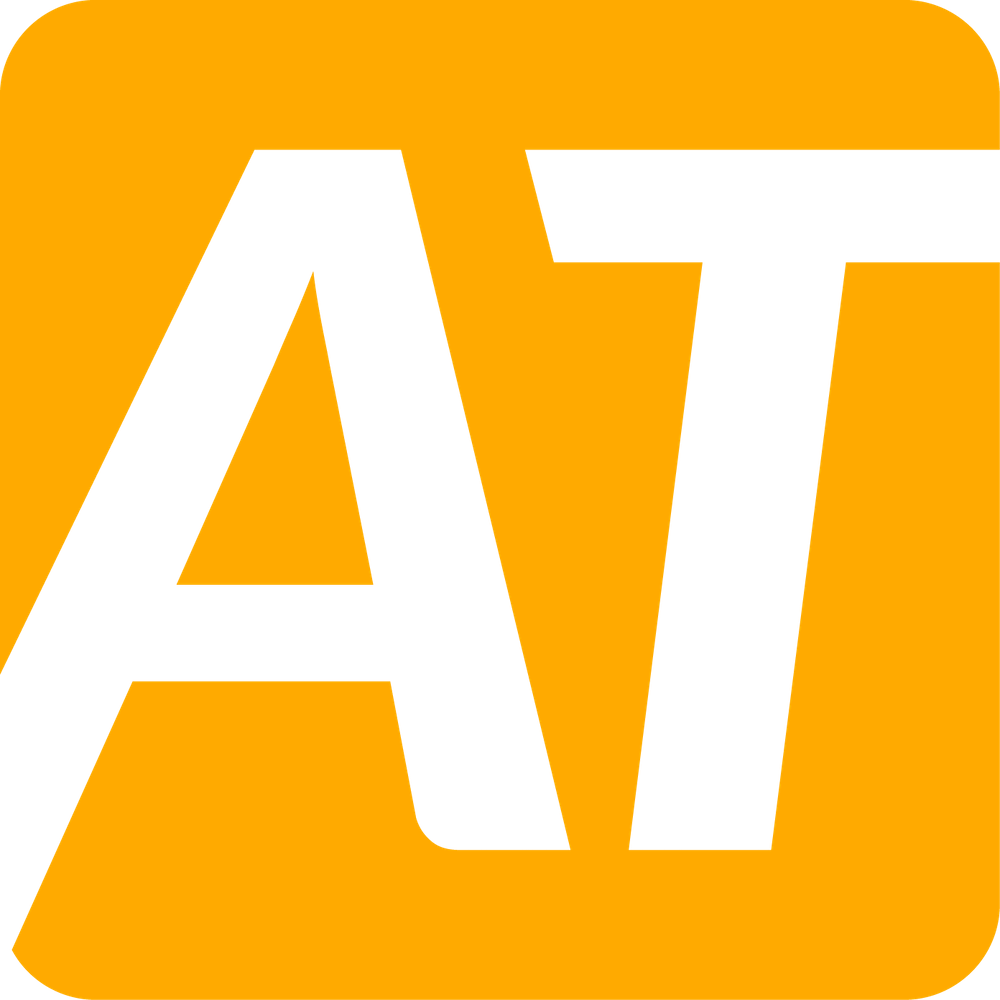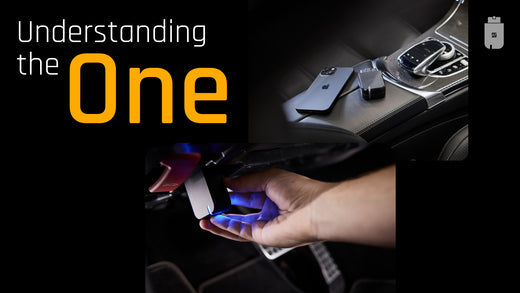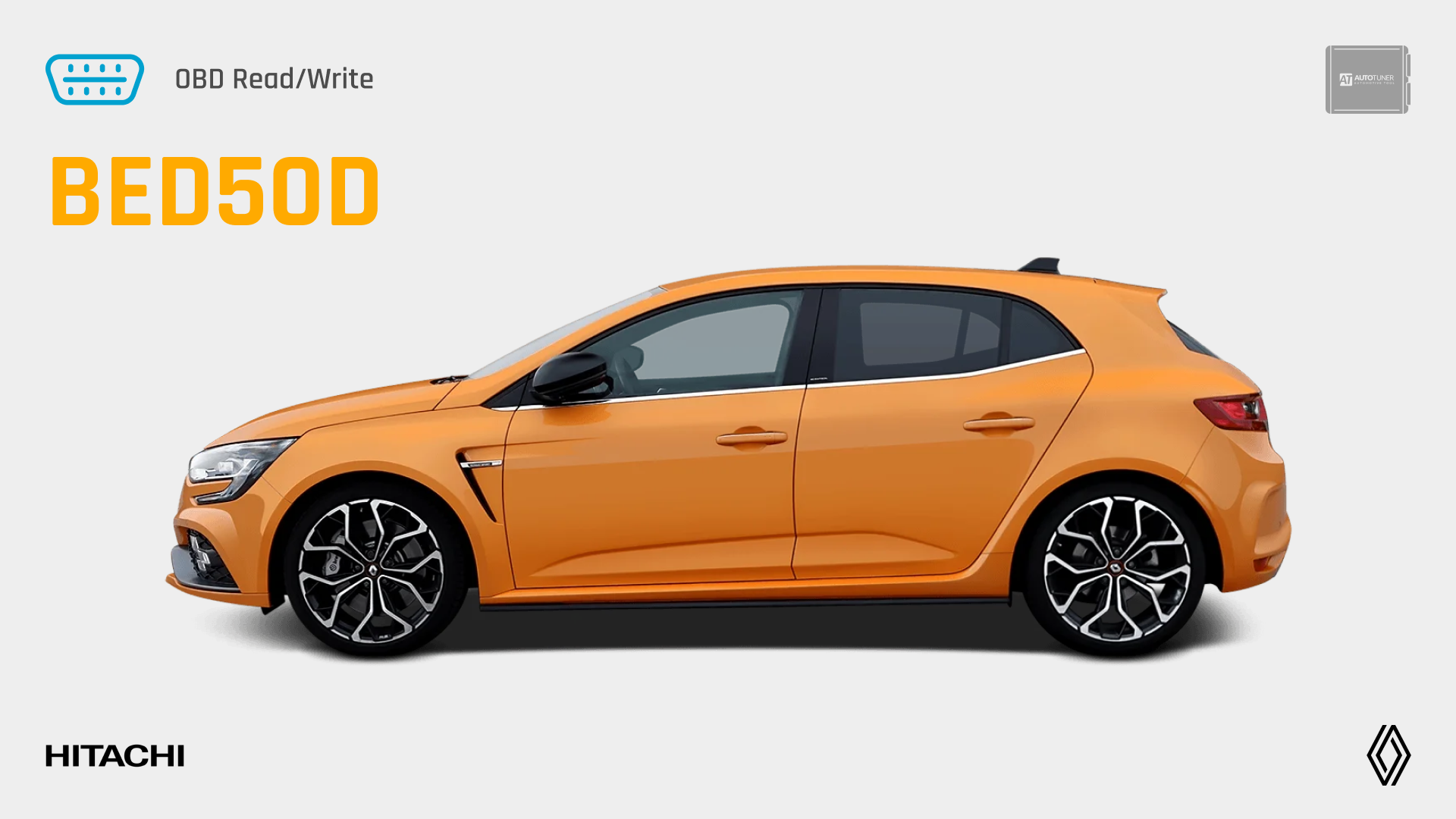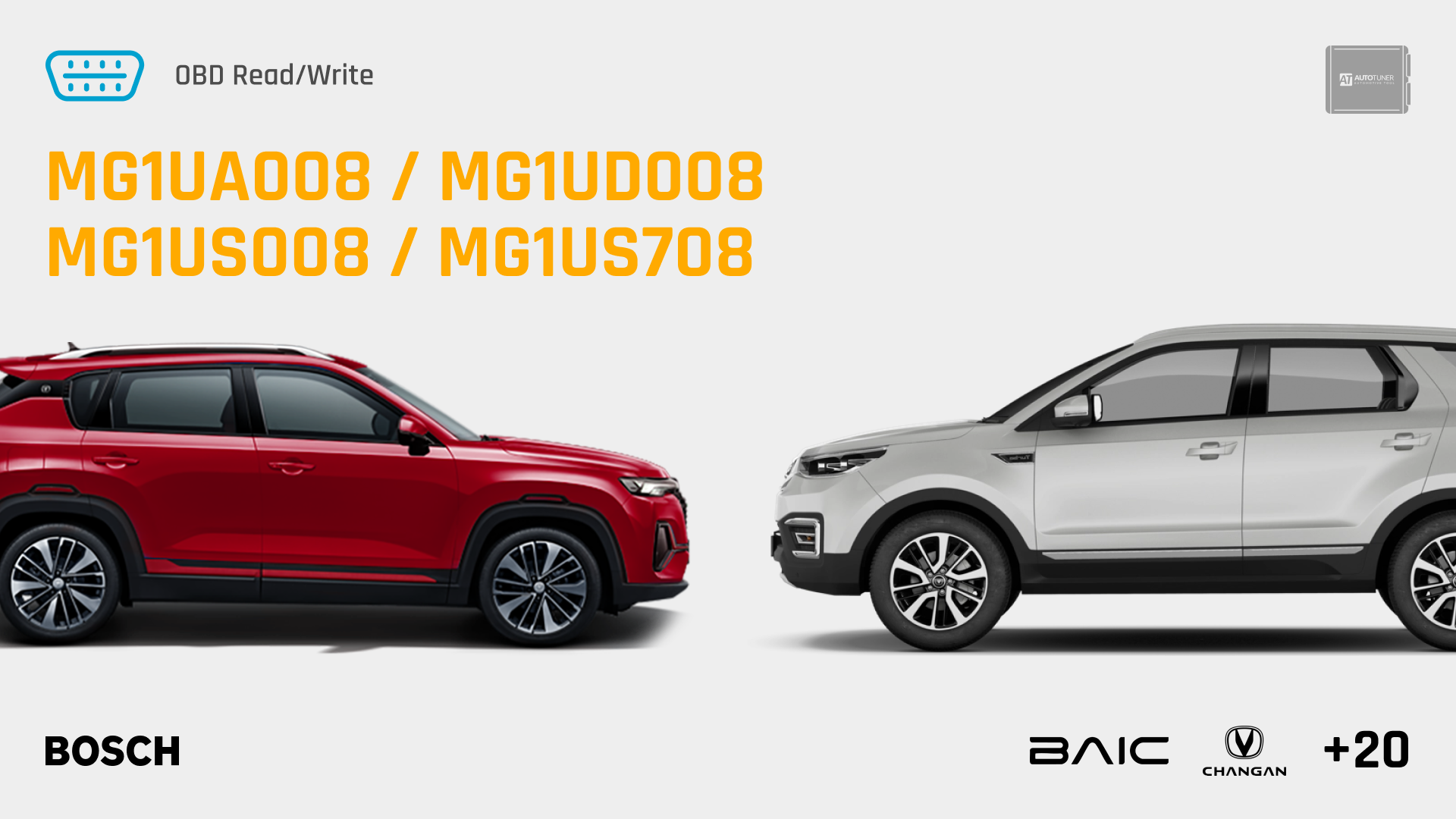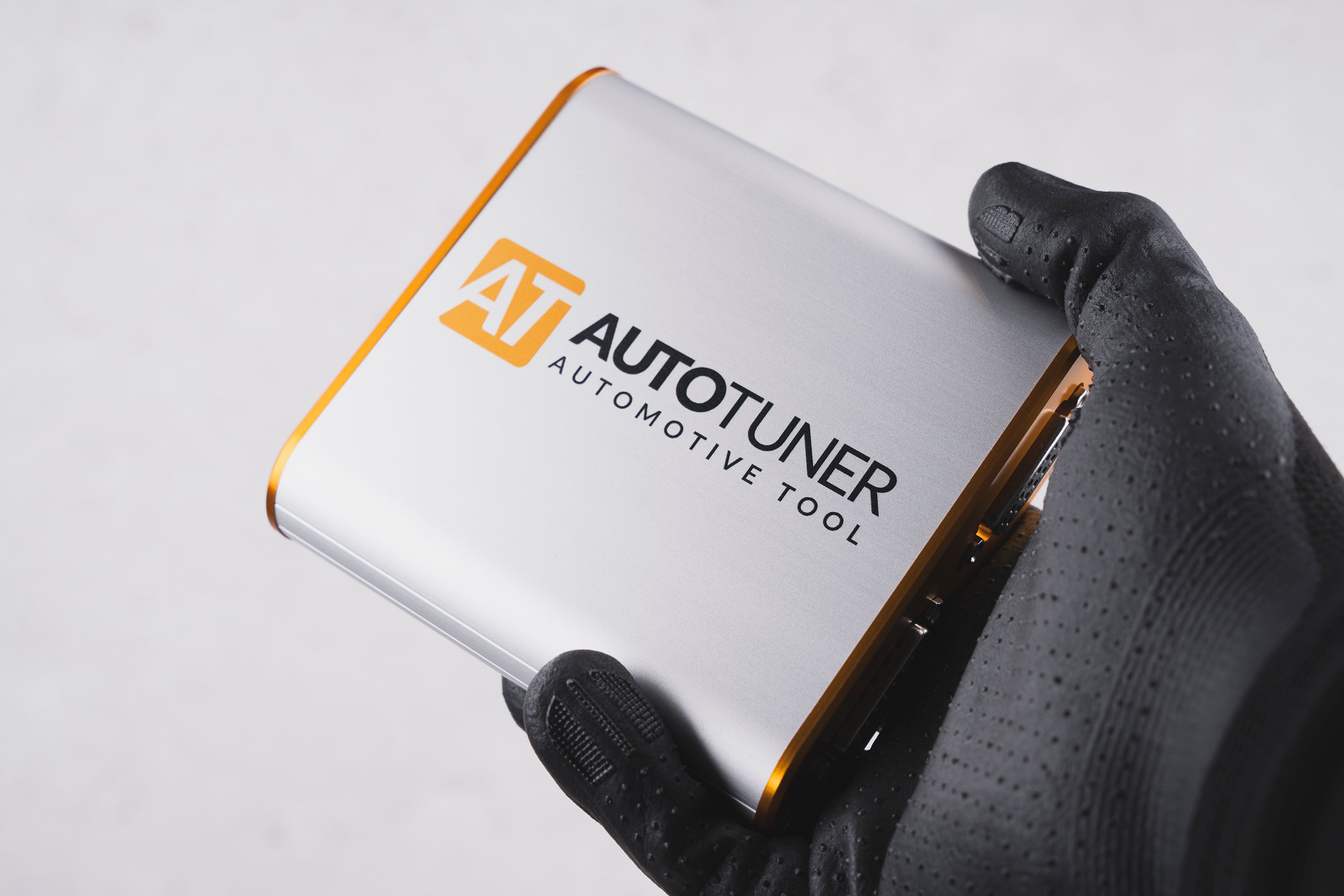We’ve got One answer for you
If you’ve ever heard the term “personal flasher” and wondered what it actually means, you’re not alone! Let’s take a closer look at what a personal flasher is.
Who Uses a Personal Flasher?
A personal flasher is typically used by car enthusiasts and DIY tuners who want to optimize or reprogram their vehicle's performance. It's ideal for individuals looking to make custom adjustments to their car’s ECU without needing advanced knowledge, complex equipment, or visits to professional tuning centers.
Key Differences Between a Personal Flasher and an All-in-One Tool
A personal flasher is typically designed for use with a specific vehicle or a limited range of vehicles. It’s primarily linked to a particular car and is focused on easy, on-the-go tuning via the OBD-II socket. Personal flashers are generally simpler, more affordable, and are ideal for users who want to make quick ECU performance upgrades.

On the other hand, an all-in-one tuning tool is more versatile, supporting a wider range of vehicles and offering more features. These tools tend to be more complex and are designed for professional tuners or experienced users who need to perform advanced diagnostics, customizations, and reprogramming across different car makes and models. They often support multiple methods, such as OBD, Bench and Boot, making them a more powerful solution but also more costly and complex.

AutoTuner's One: Designed for Professionals, Made for Consumers
We designed the One with both tuners and end users in mind. While it’s made to be user-friendly for car enthusiasts, we only sell it through our professional dealer network. This allows tuners to add value by offering custom files and services, ensuring that the product delivers the best possible performance and tuning experience.

Limitations of the Personal Flasher
Personal flashers operate exclusively through the OBD-II port, meaning their capabilities are limited to what can be accessed through this connection. Some personal flashers are only compatible with specific car brands, limiting their coverage.
Market Differences: DIY vs Tuner Centers
In countries like the US, DIY tuning is popular, with car enthusiasts often using personal flashers and tools to tune their own vehicles at home.
In Europe, car tuning is predominantly managed by professional tuning centers, which have become the go-to destinations for enthusiasts looking to enhance their vehicles. Car owners typically bring their vehicles to these expert establishments to ensure that each modification is carried out with the highest level of precision and craftsmanship.
